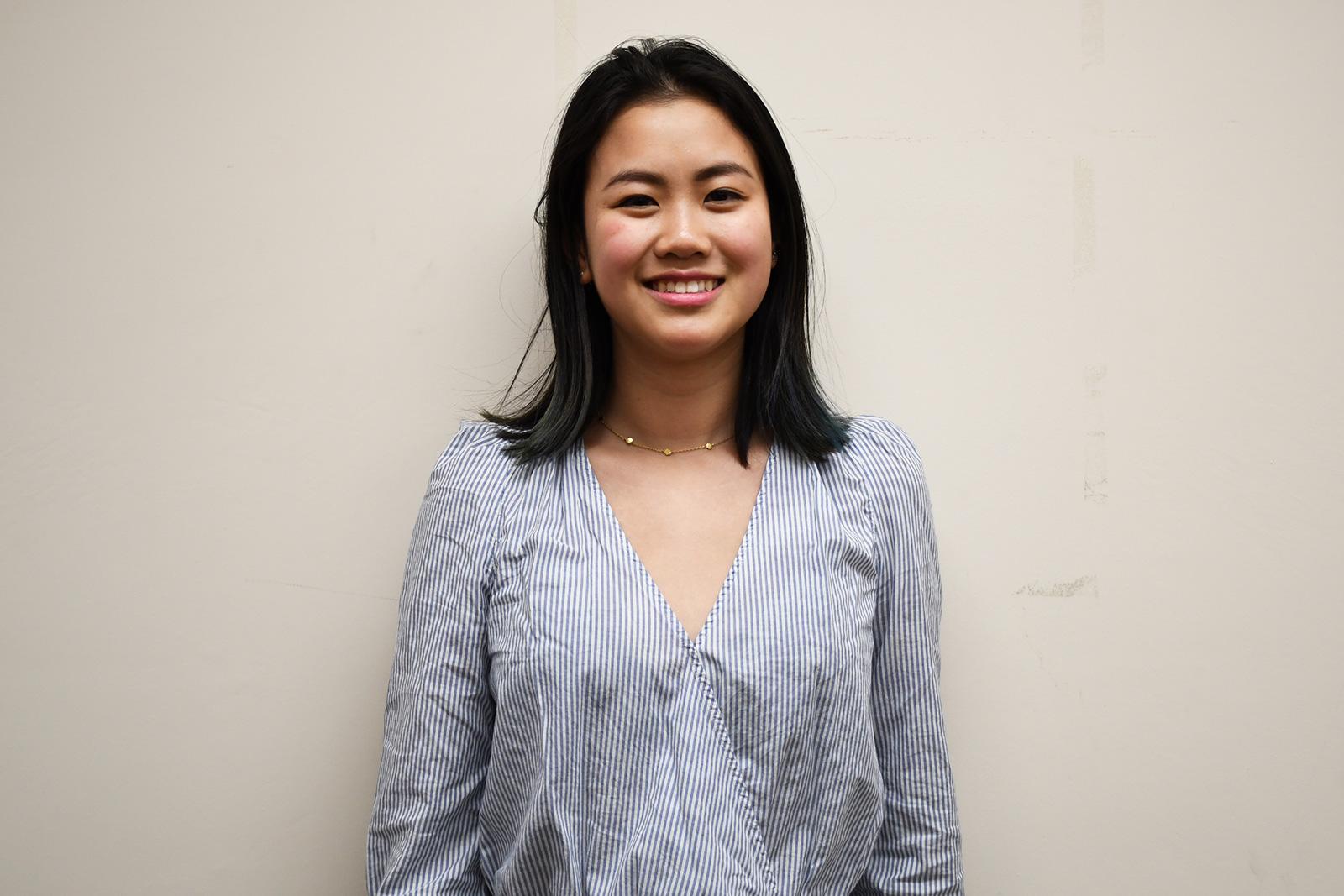A token sign of coolness in middle school: blasting the upbeat, tough “Bad Girls” song by the rapper M.I.A. Dressed in way-too-skinny jeans and armed with a penchant for over-gesticulating, my adolescent self would enthusiastically dance along to the song whenever it came on. Even going into high school, my friends and I would ironically (or not so ironically) play it before club meetings.
Little did I know that one of the lines of the song held more truth than I thought.
M.I.A. (@MIAuniverse) posted a series of tweets that left fans confused on March 25. The one that kicked it all off?
“If I have to choose the vaccine or chip I’m gonna choose death – YALA.”
The YALA is an acknowledgment to her song, “Y.A.L.A,” which stands for “you always live again.”
In a since-deleted tweet, the singer doubled down on her stance, explaining that “corona is in bed with science” and science is in bed with business, thereby making vaccines for the virus untrustworthy.
When we hear the term “anti-vaxxers,” we think of middle-aged suburban moms, or “Karens,” a meme persona known for being entitled. But in reality, anti-vaccination philosophy is pervasive in our society, propagated from celebrities like M.I.A. to our own politicians.
While in a more recent tweet of hers, M.I.A. claims to not be against vaccines, her choice in the ultimatum between vaccines and death suggests otherwise. Nonetheless, whether she personally identifies as an anti-vaxxer or not, her sentiment coupled with her influential standing has the devastating potential to spread misinformation on the pandemic. Without taking vaccines or the virus seriously, we really will “live fast die young.”
Everyone’s doing their work to flatten the curve, to slow down the rate of infection and lessen the pressure on the healthcare system. But around the world, anti-vaxxers are undermining those efforts by not self-quarantining and spreading misinformation.
Some of the most far-fetched theories come from Facebook anti-vaccination groups. On March 15, Californians for Vaccine Choice reposted a link to an article purporting that the coronavirus is “a test to see how well we have assimilated the government’s lessons in compliance, fear, and police state tactics.”
This theory stems from a root cause. According to Vice “anti-vaxxers are terrified the government will ‘enforce’ a vaccine for coronavirus.” This fear creates “a distrust of vaccines … [and] a terrified certainty that someday the government will find a convenient excuse to enforce Orwellian degrees of control.”
Their distrust extends beyond vaccines towards even the most mundane health practices. Author Sally Fallon Morrell of the blog Nourishing Traditions claims that the media is giving bad advice by promoting “extreme handwashing, disinfecting their houses with clorox, refusing handshakes and wearing masks. (Remember that viruses are extremely tiny, so wearing a mask is like building a chain link fence to keep out mice.)” Misconceptions like this greatly diminish the importance of handwashing, social isolation, masks and the overall efforts of containment.
Morrell then goes on to claim that, “Like any virus, coronavirus is no match for someone with a strong immune system.” While it’s true that having a strong immune system is crucial, these beliefs don’t take into account that prevention and social isolation far outweighs taking vitamins.
Facebook vaccine groups and Twitter users have also been sharing articles that claim vitamin C has been proven to battle the virus. This could not be further from the truth: according to Healthline, vitamin C cannot prevent or be used as an official treatment plan against the virus. The implication of these posts on Facebook, beyond their faith in holistic healing, is that there is no need for vaccines.
And although he is not an anti-vaxxer, it is worth addressing another theory posed by radio personality Rush Limbaugh. On his Feb. 24 show, Limbaugh said, “Now, I want to tell you the truth about the coronavirus … I’m dead right on this. The coronavirus is the common cold, folks.” Him saying this allows countless of his listeners to downplay the panic and medical advice as fear mongering, and thus jeopardize the health of themselves and those around them.
Limbaugh is obviously not alone in thinking this, either. One article from The Vaccine Reaction compares the mortality rate of the coronavirus to a seasonal influenza. Though more extreme, another article from an alternative health website Green Med Info disputes the very existence of the coronavirus. The author, David Crowe, details how “nobody had proved a coronavirus existed, let alone was pathogenic,” as well as the dangers of quarantining the uninfected.
But even with how implausible these theories sound, they effectively downplay the risk of coronavirus by criticizing the efforts to control its spread. If you don’t do the research, you might easily buy into these misconceptions and dismiss the gravity of the situation.
So, while they make up a minority of the American population, anti-vaxxers, along with others who share a similar mentality in terms of downplaying the coronavirus, could exacerbate or prolong an already bad pandemic. Their voices are loud and demand to be heard over a sea of reason.
Even before the coronavirus outbreak, the anti-vaccine movement has had major effects nationally and globally. Last year, measles, an eradicated virus, made a comeback due to “vaccine hesitancy,” defined as a resistance or refusal to vaccinate by the National Center for Biotechnology Information. This vaccine hesitancy was also named by the World Health Organization as one of the top ten global health threats of 2019.
Vaccine hesitancy could have a pronounced effect in our current climate. Decreased herd immunity when the virus is already so contagious and widespread could mean that even when a vaccine is released, high risk people will continue to be affected by it. Given that we are already so susceptible to this fast spreading pandemic, I wonder how long it will take for the coronavirus to fade back into the woodworks — or if it ever will.






























































































































